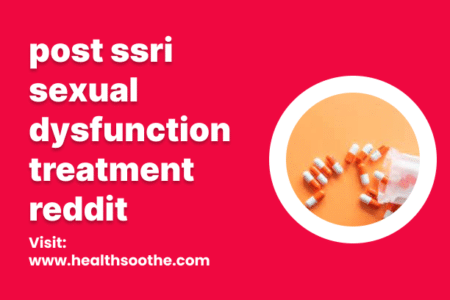Substance abuse is a complex issue that affects individuals, families, and communities worldwide. It is a chronic disease that requires ongoing treatment and management to overcome. Addiction is not just about drug or alcohol use; it is about how these substances impact a person’s physical, emotional, and mental health, relationships, and ability to function in daily life. It is essential to recognize that addiction is a treatable disease, and there are many evidence-based approaches to substance abuse treatment, including therapy. In this blog post, we will explore the importance of therapy for substance abuse and the various types of therapy available.
Therapy for Substance Abuse
Therapy, also known as counseling, is a key component of substance abuse treatment. Therapy is a type of treatment that involves talking to a trained professional who helps people explore their thoughts, feelings, and behaviors and develop new coping skills. Therapy is an essential part of substance abuse treatment because it addresses the root causes of addiction, including trauma, mental health disorders, and underlying issues that may contribute to substance abuse. Therapy also helps people develop healthy coping mechanisms and life skills to manage triggers and cravings.
There are several different types of therapy used in substance abuse treatment, including:
Cognitive-Behavioral Therapy (CBT)
Cognitive-behavioral therapy (CBT) is a type of therapy that focuses on changing negative thought patterns and behaviors that contribute to substance abuse. CBT is a highly effective therapy for substance abuse treatment because it helps people identify and challenge their negative thoughts and beliefs and replace them with more positive ones. CBT also helps people develop new coping skills and strategies to manage cravings and triggers.
Dialectical Behavior Therapy (DBT)
Dialectical behavior therapy (DBT) is a type of therapy that focuses on helping people regulate their emotions, manage stress, and improve their relationships. DBT is particularly effective for individuals who struggle with emotional dysregulation, such as borderline personality disorder. DBT incorporates several different techniques, including mindfulness, distress tolerance, emotion regulation, and interpersonal effectiveness.
Motivational Interviewing (MI)
Motivational interviewing (MI) is a type of therapy that focuses on helping people [mfn]https://www.usa.gov/mental-health-substance-abuse[/mfn] find the motivation to change their behavior. MI is particularly effective for individuals who may be ambivalent about change. In MI, the therapist helps people explore their reasons for wanting to change and helps them develop a plan to make that change happen. MI is a client-centered approach that emphasizes collaboration and respect for the person’s autonomy.
Family Therapy
Family therapy is a type of therapy that involves family members in the treatment process. Family therapy is particularly effective for individuals who have strained relationships with family members, as substance abuse can strain family relationships. Family therapy helps family members understand the impact of substance abuse on the family and helps them develop healthy communication skills and coping mechanisms.
Group Therapy
Group therapy is a type of therapy that involves several individuals in the treatment process. Group therapy is particularly effective for individuals who may feel isolated or alone in their substance abuse struggles. Group therapy provides a supportive environment where people can share their experiences, offer support and encouragement to others, and learn from each other.
The Benefits of Therapy for Substance Abuse
Therapy is an essential component of substance abuse treatment, and there are many benefits to incorporating therapy into a substance abuse treatment plan. Here are some of the benefits of therapy for substance abuse:
- Address underlying issues: Therapy helps people address the root causes of substance abuse, including trauma, mental health disorders, and underlying issues that may contribute to substance abuse.
- Develop coping skills: Therapy helps people develop healthy coping mechanisms and life skills to manage triggers and cravings.
- Improve relationships: Therapy can improve relationships with family members and loved ones




